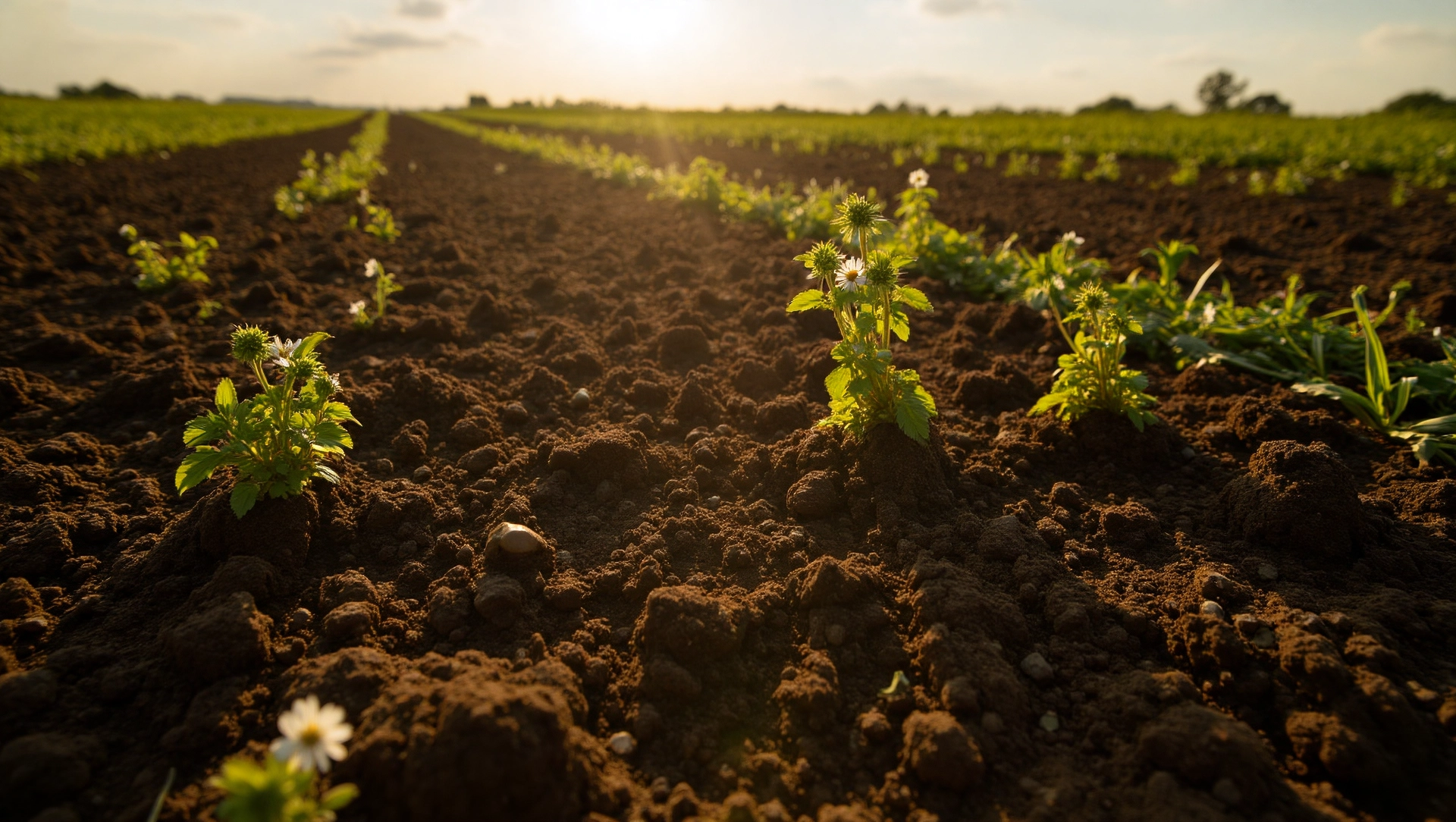The Meaning and Cultural Significance of the Character “土”

Basic Meaning
The Chinese character “土” primarily represents soil or earth, referring to the natural material on the ground. In Chinese, “土” is also a fundamental radical often used in characters related to land, geography, or construction. Its pictographic form resembles a patch of earth: the horizontal line represents the ground, and the vertical line symbolizes a mound of soil.
When combined with other characters, “土” can form new characters conveying different ideas:
- 圾 (jī, waste): 土 + 齐, representing waste or soil debris;
- 地 (dì, ground/land): 土 + 也, representing land or the earth’s surface;
- 坚 (jiān, firm/solid): 土 + 成, representing city walls or urban areas, reflecting the connection between earth and construction.
These combinations illustrate how Chinese characters build complex meanings with “土” as the core, visually representing the earth and its related properties.
Extended Meanings and Polysemy
“土” has rich extended meanings in Chinese:
- Ground and land: e.g., soil, land, mound;
- Direction and Five Elements: In the Five Elements (五行) theory, Earth represents the center, the late summer, and the earth virtue;
- Simplicity and folk culture: e.g., rustic (土气), grounded (接地气), symbolizing closeness to common people;
- Construction and materials: e.g., earth walls, civil engineering, referring to soil-based building materials or structures.
Cultural and Symbolic Significance
“土” carries deep symbolic meanings in Chinese culture:
- Nature and life: Represents the earth, nourishment, and stability, reflecting the interdependence between humans and nature;
- Direction and philosophy: In Five Elements theory, Earth is central, symbolizing balance and support, harmonizing the energies of all directions;
- Character and virtue: Symbolizes simplicity, steadiness, and reliability, reflecting respect for land and daily life.
Usage and Context
- Nouns: soil, earth, land;
- Adjectives: rustic, earthy, simple;
- Culture and literature: Frequently appears in poetry and idioms to convey themes of nature, stability, and nourishment.
Summary
The character “土” is rich and versatile in meaning, from its original sense of soil and earth to its extended meanings in the Five Elements, folk culture, construction, and personal virtues. Its use in different contexts not only conveys imagery of nature and stability but also reflects the Chinese cultural reverence for the earth, life, and practical wisdom.